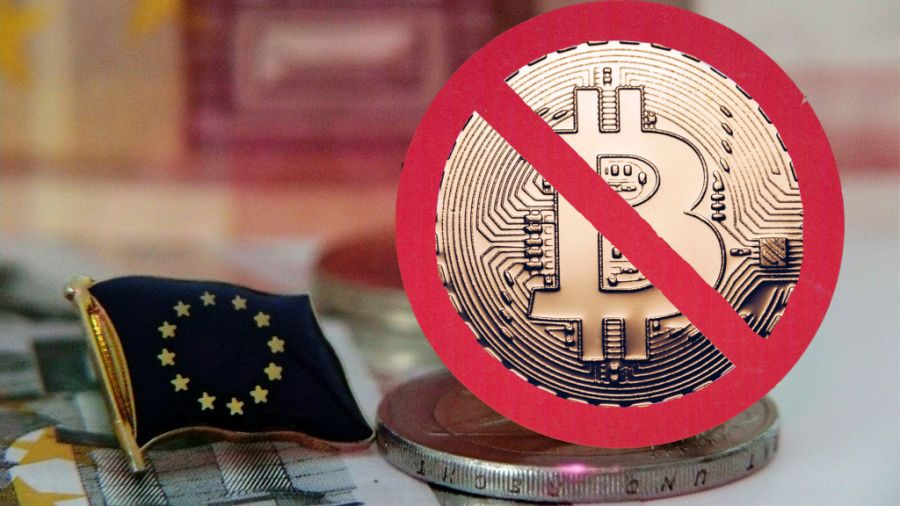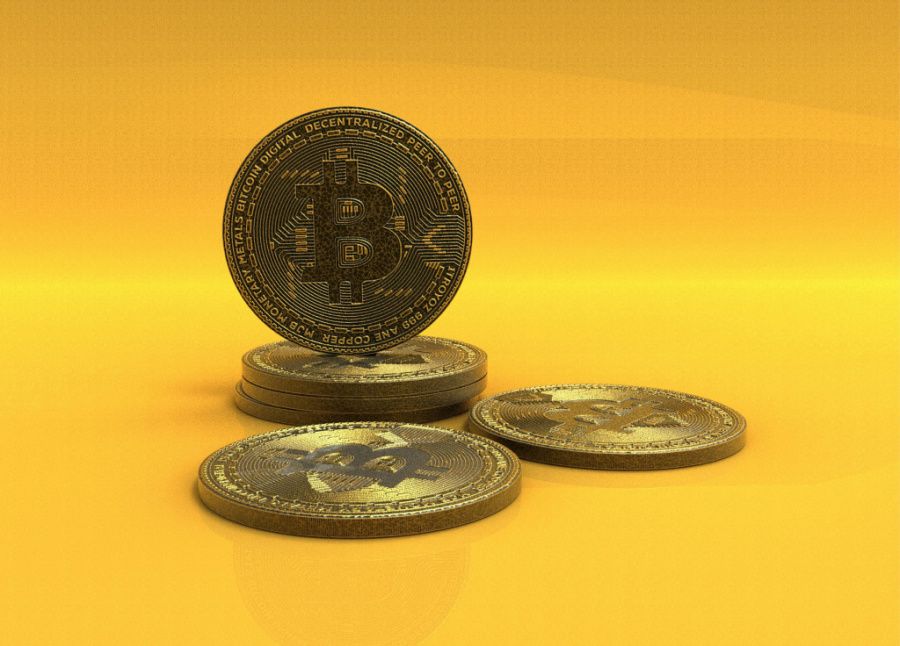The International Monetary Fund (IMF) and the World Bank have been somewhat reticent about countries giving cryptocurrencies legal tender status or promoting their widespread use within their borders, but no one seems to be listening.
Going slowly
The IMF and World Bank, which are responsible for the stability of global monetary systems and economic development and were appointed by the United Nations (UN), are puzzling over how to advise countries on the adoption of crypto assets. The agencies are particularly concerned about the rapid adoption of cryptocurrencies in some countries as national currencies or the passage of laws that encourage their use on a large scale. On the other hand, the World Bank initially declined to support El Salvador when it considered adopting Bitcoin as legal tender, citing environmental and transparency shortcomings.
In a recent IMF blog, the organisation pointed to macro-financial stability, financial integrity, consumer protection, and the environment as potential risks that could arise from the adoption of digital assets.
The precautions were taken in light of the steady progress El Salvador is making to bring bitcoin into the mainstream. In an attempt to get the majority of Salvadorans to use Bitcoin, the government is offering a $30 red packet to all adults in the country.
In other parts of the world, countries neighbouring El Salvador, such as Panama, Brazil, Paraguay and Argentina, have shown interest in adopting cryptocurrencies. Shortly after El Salvador successfully passed its bitcoin law Gabriel Silva, a Panamanian congressman promised to introduce a similar motion in parliament this month, but that remains to be seen.
The President of the Republic of Tanzania is also the first African ruler to instruct its central bank to lift all previous bans and begin implementing a nationwide crypto policy. As it stands, the situation is unlikely to change anytime soon.
Is adopting cryptocurrencies as legal tender a viable option?
Currently, El Salvador has successfully passed a law allowing Bitcoin to be used as legal tender in its territory. This means that if a Salvadoran owes a friend money, they can pay it back in Bitcoin. Even grocery shopping is possible with Bitcoin, without anyone disputing it.
El Salvador is apparently one of the few countries that do not have their own currencies, but use the US dollar. Ecuador, Panama, Puerto Rico, Somalia and a handful of other countries are identical in this regard to El Salvador. Zimbabwe, a Southern African country, had abandoned its own currency, the Zimbabwe dollar, in April 2009 following the difficult economic situation in 2008. The country quickly adopted the US dollar, which it dropped again in 2019 before adopting the Real Time Gross Settlement dollar as its national currency.
Countries using the US dollar point out that they are unable to cover their own money printing costs. Given the current economic uncertainties, the U.S. dollar is weakening. In April, J.P. Morgan and other economists said the dollar was likely to weaken further through 2021, while other currencies such as the European euro would rise. From the Asian bloc, the Chinese yuan, Singaporean dollar and other emerging market currencies loom large. In addition to making countries financially independent, the adoption of cryptocurrencies is becoming a viable option to use a collapsing currency as a store of wealth.
Cryptocurrency adoption boosts tourism and foreign investment
For a country like El Salvador, which relies heavily on tourism, liberal financial policies are important. The Central American country receives nearly 3 million tourists annually. In 2019, travel and tourism accounted for 11% of its total GDP.
Moreover, cryptocurrencies are very useful for people without bank accounts. In Panama, 70% of adults do not have access to banking services, but the number of smartphone subscribers was 3.8 million in 2019 and is expected to increase. In fact, this number is higher in El Salvador, where the literacy rate is 89.01% and current mobile phone penetration reaches 140%.
Although world trade and development agencies have opposed the current rapid adoption of cryptocurrencies as a means of exchange or transaction, economic pressure has led countries to enact crypto-friendly regulations. Cryptocurrencies are undoubtedly volatile, anonymous and can pose other risks. However, the debate that needs to be had now is how to implement harmonious cryptocurrency policies. Cryptocurrencies offer numerous benefits to countries, including lowering transaction fees, financial freedom, international trade, and more.
Source: Read Full Article


